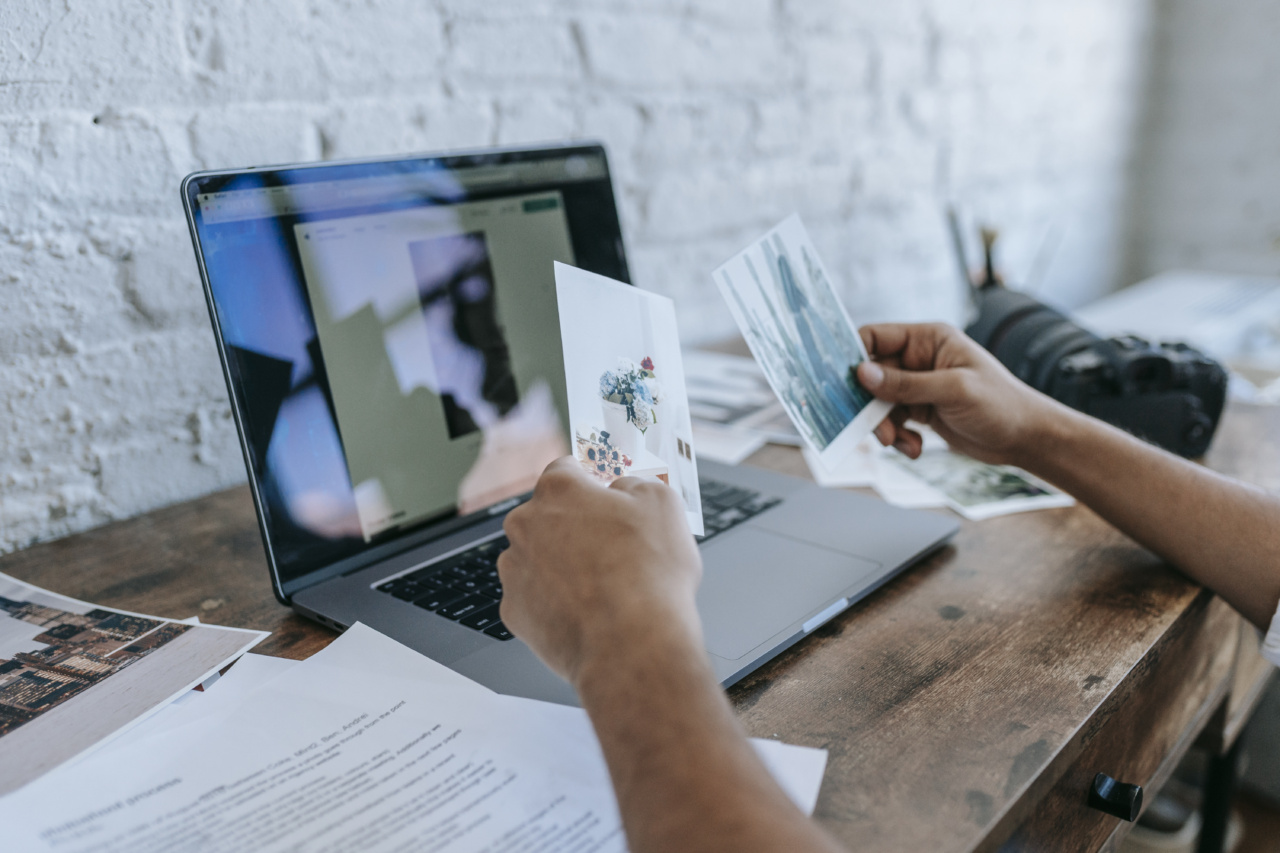Social media platforms have become an integral part of our daily lives. Whether it’s through Facebook, Instagram, or Twitter, individuals are constantly interacting with these platforms for entertainment, socialization, and information gathering.
However, with the rise of social media, concerns have been raised about the impact it has on individuals’ mental health and wellbeing. Specifically, social media has been linked to the development of body image concerns, which can have negative consequences on people’s self-esteem, mood, and overall quality of life.
What are Body Image Concerns?
Body image concerns refer to the negative thoughts and feelings related to one’s physical appearance. These concerns can range from mild dissatisfaction to severe body dysmorphia disorder.
Individuals who experience body image concerns may feel that they are not thin enough, not muscular enough, or not attractive enough to meet societal standards of beauty. These negative thoughts and feelings about one’s body can lead to low self-esteem, anxiety, depression, and even eating disorders.
The Impact of Social Media on Body Image Concerns
The rise of social media has been accompanied by the rise of the “perfect” image.
Social media platforms are flooded with images of individuals who have achieved the “perfect” body, whether it’s through photoshop, filters, or carefully curated images. These images can create an unrealistic expectation of what the body should look like, leading individuals to compare themselves to others and develop body image concerns. Studies have confirmed the link between social media use and body image concerns.
For example, a study by Fardouly and colleagues found that young women’s exposure to idealized images often found on social media increased their internalization of thinness ideals, which has a negative impact on body image.
Other Factors Contributing to Body Image Concerns
While social media has been identified as one of the factors contributing to body image concerns, it is not the only factor. Other factors such as family, peers, and culture can also contribute to this issue.
For example, research has shown that individuals who receive negative comments from family members about their appearance are more likely to have body image concerns. Similarly, exposure to peers who engage in unhealthy dieting habits can also contribute to body image concerns.
Mitigating the Impact of Social Media on Body Image Concerns
While social media may be contributing to the rise in body image concerns, it is important to note that social media can also be used as a tool to mitigate the impact of these concerns.
For example, social media can be used to spread positive messages about body diversity and acceptance. Influencers and celebrities can use their platform to promote healthy body image attitudes and behaviors. Additionally, social media can also provide access to body-positive communities, where individuals can find support and acceptance.
By using social media in a responsible and positive way, individuals can reduce their exposure to negative images and messages that contribute to body image concerns.
Conclusion
Body image concerns are a complex issue that can have negative consequences on one’s mental health and wellbeing.
While social media has been identified as one of the factors contributing to this issue, it is important to note that other factors such as family, peers, and culture can also play a role. To mitigate the impact of social media on body image concerns, it is important to use social media in a responsible and positive way, and to seek access to supportive body positive communities.






























